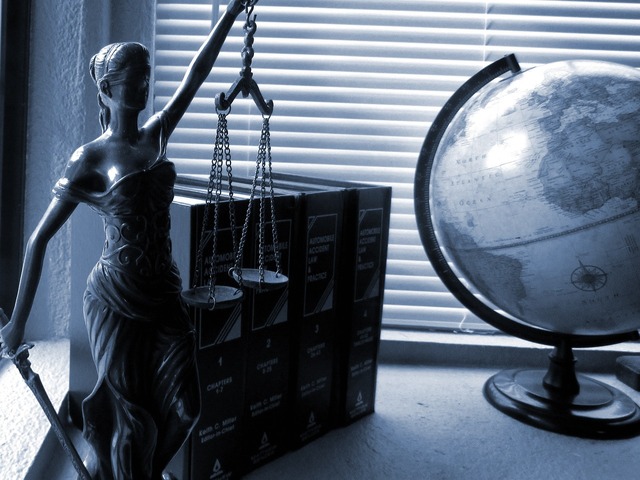The Vital Importance of Accurate Legal Translation in Courtroom Settings in Lebanon

If you need a contract translated, you should contact Crystal Translation and Content Creation which specializes in legal translation.
Welcome to the courtroom, where every word carries weight and every nuance can make or break a case. In this high-stakes environment, accurate legal translation becomes not just important, but absolutely vital. From ensuring fair trials for non-English speakers to preventing misunderstandings that could jeopardize justice itself, the role of language interpretation cannot be overstated.
Definition of Legal Translation
When it comes to the law, even a small mistake in translation can have major consequences. That’s why accurate legal translation is very important.
Legal translation is the process of translating legal documents from one language into another. This can include everything from contracts and treaties to court filings and judgments. It’s a complex task that requires a deep understanding of both legal concepts and linguistic nuances.
There are many different types of legal documents that need to be translated, so it’s important to find a translator who specializes in the specific type of document you need translated. For example, if you need a contract translated, you should contact Crystal Translation and Content Creation which specializes in legal translation.
It’s also important to choose a translator who is familiar with the legal system in the target country. This will ensure that they understand any cultural or context-specific references in the original document.
Once you’ve found a qualified translator, it’s important to provide them with as much information as possible about the document and its purpose. This will help them produce an accurate translation that meets your needs.
Different Types of Legal Translation in Courtroom Settings
There are different types of legal translation in courtroom settings. The first is direct translation, which is a word-for-word translation of the original document. This type of translation is often used for short documents, such as contracts or court orders. The second type of legal translation is free translation, which is a more literal translation of the meaning of the document. This type of translation is often used for longer documents, such as depositions or trial transcripts. The third type of legal translation is sworn translation, which is a certified translation of the original document. This type of translation is often used for important documents, such as birth certificates or marriage licenses.
The Critical Role of Accurate Legal Translators in Courtroom Settings
When it comes to the law, accuracy is critical. This is especially true when it comes to legal translation. In courtroom settings, accurate legal translation is essential to ensuring that all parties involved understand the proceedings and can participate fully.
There are a number of potential consequences of inaccurate legal translation in courtroom settings. First, mistranslations can lead to misunderstandings between parties that can impact the outcome of the case. Second, inaccuracies can also result in errors in legal documents that could have serious implications down the road. Incorrect translations can create confusion and frustration for everyone involved in the court process, including judges, lawyers, and witnesses.
To avoid these negative consequences, it is crucial to work with experienced and qualified legal translators who are familiar with the specific terminology and jargon used in legal settings. They should also be able to accurately translate complex concepts and documents. When choosing a legal translator, be sure to ask for references and check their credentials carefully.
Challenges of Using Technology for Courtroom Translations
When it comes to providing accurate translations in courtroom settings, technology can pose a number of challenges. First and foremost, there is the issue of cost. Courtroom translations can be expensive, and the use of technology can add to the cost. Additionally, there is the issue of accuracy. Technology can sometimes produce inaccurate translations, which can be disastrous in a legal setting. There is the issue of security. Courtroom translations often deal with sensitive information, and the use of technology can make it easier for this information to be leaked or accessed by unauthorized individuals.
Conclusion
Legal translation services are vital to the accuracy and fairness of courtroom proceedings. By continuing to prioritize accuracy and fairness in legal translation services, we can help ensure that every person has equal access and understanding of our laws no matter what language they speak.

